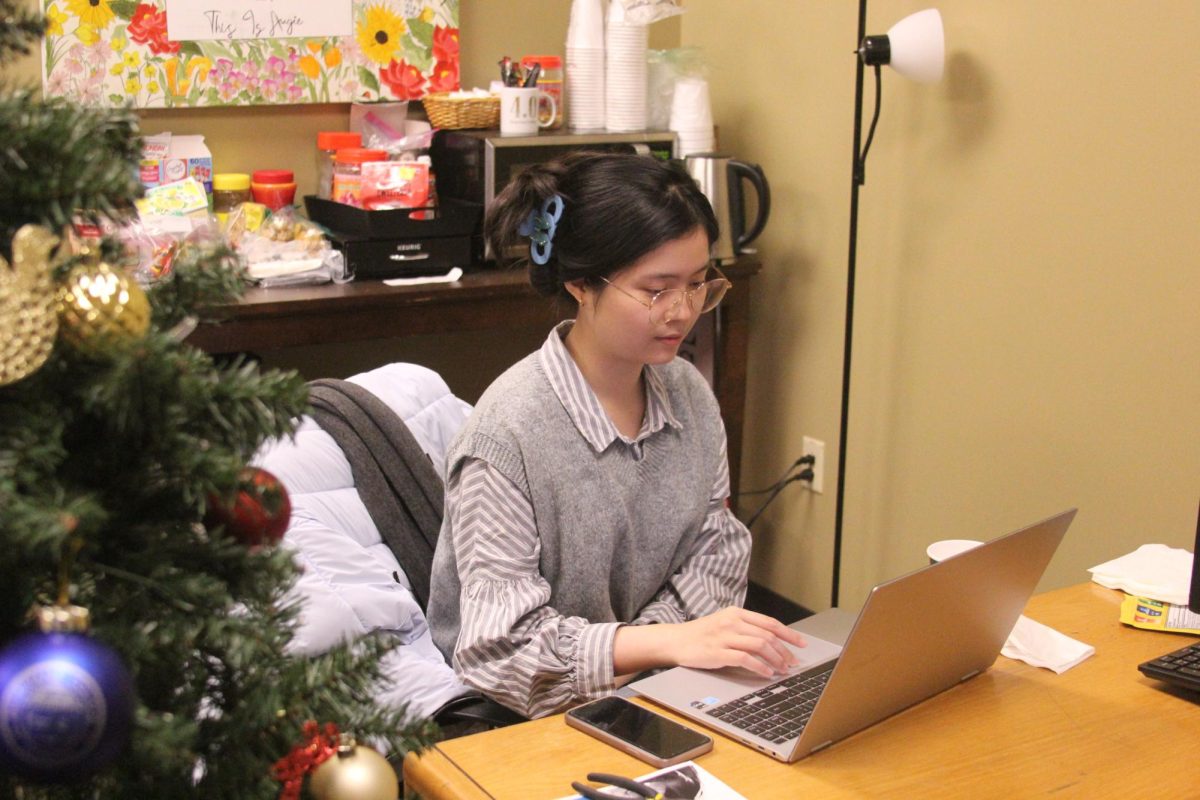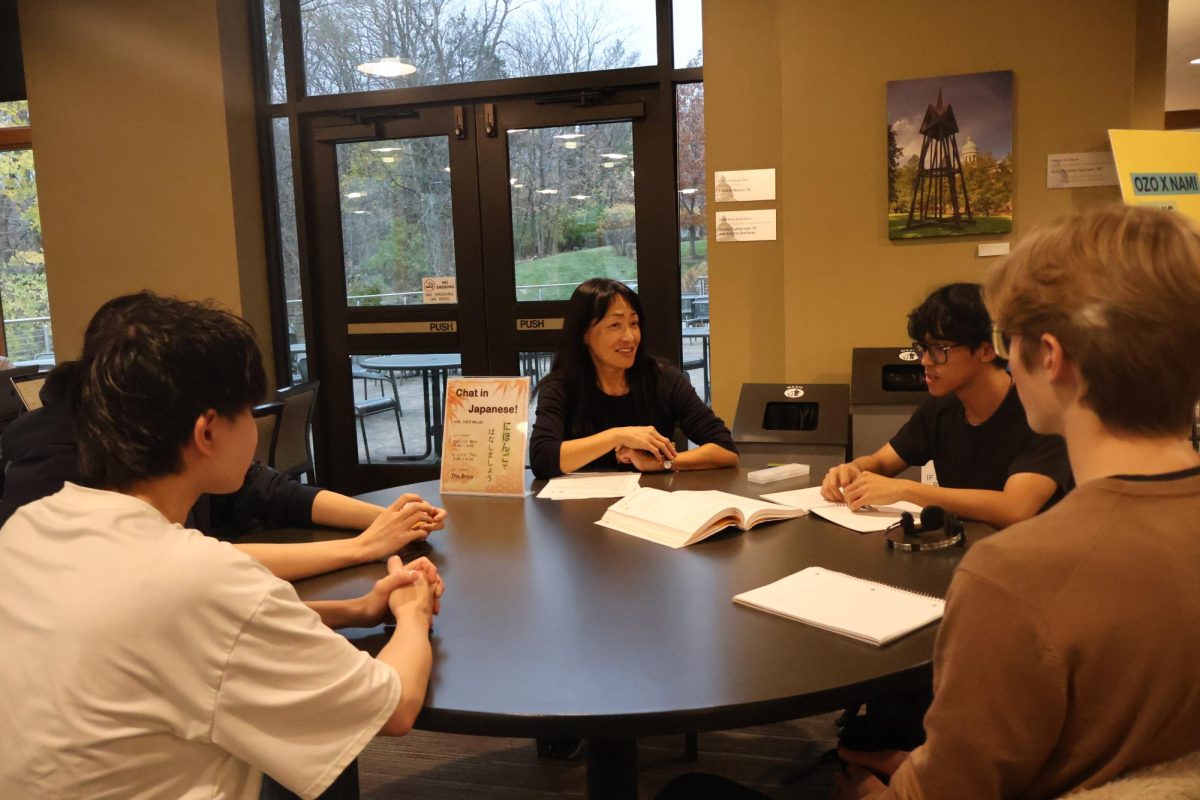Students at Augustana College manage more than just textbooks and deadlines. Many are handling part-time jobs, both on and off campus, to fund living expenses, tuition and other obligations. But we have to ask ourselves, is Augustana providing adequate assistance for its working students, given the complexity of today’s student life?
Given that over half of American college students work while they complete their degrees, this question is especially crucial. Augustana needs to be significantly more aggressive in helping its working students.
A growing number of international students at Augustana are dependent on on-campus jobs because of visa constraints, which exacerbates the problem. Domestic students, in contrast, have the choice to work off-campus. The institution is making an admirable effort to fill on-campus roles with more international students because of this discrepancy, but it is simply the tip of the iceberg.
Augustana needs to offer a more comprehensive scheduling and student services policy. For instance, many student activities collide with working hours, excluding a sizable segment of the student body from campus life.
Even though the goal of extracurricular activities, academic workshops and social gatherings is to promote community, many working students cannot participate due to conflicting schedules.
The administration could intervene in this situation. By providing more flexible event scheduling, including weekend and nighttime alternatives, Augustana might improve the opportunity for working students to interact with campus life.
One step Augustana has taken is the hour break for students on Mondays, Wednesdays and Fridays. However, there is more that can be done.
More flexible scheduling is important so students don’t have to choose between engaging in their education and earning a wage. It’s not simply about convenience.
In addition to scheduling, working students would benefit from specialized counseling and support programs designed to meet their particular needs. Although the institution has a strong counseling center, its offerings are frequently broad, lacking support specific for student workers. As a result, students juggling part-time jobs and coursework may not have a dedicated support network.
Working students must strike a careful balance between their academic performance and financial survival, particularly if they are low-income or international students. A targeted program, whether through financial counseling, mental health services or peer mentorship might help reduce the extra stress these students experience.
Over the past few years, students in campus jobs started to wonder if their compensation reflected the hours and work they were putting in, which sparked a discourse about unions and salary hikes on campus.
The need for more equitable pay is still pressing, given the growing expense of living and the stagnating salary of student employees. The debate over unions may have subsided, but the demand for higher pay and stronger labor laws has not.
To ensure the welfare of its working students, Augustana needs to reexamine its position. To guarantee that working students don’t go overlooked, the institution has a responsibility and an opportunity to implement measures such as pay parity, more inclusive campus programming and more support services.
A complete education, after all, encompasses more than simply classroom instruction. It all comes down to creating an atmosphere in which each student, regardless of the number of hats they wear, may succeed.





































































































